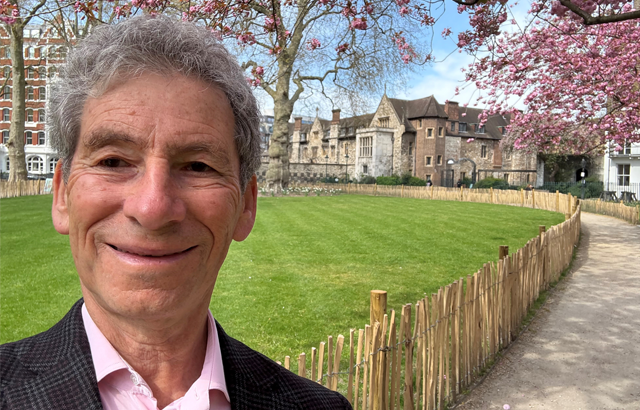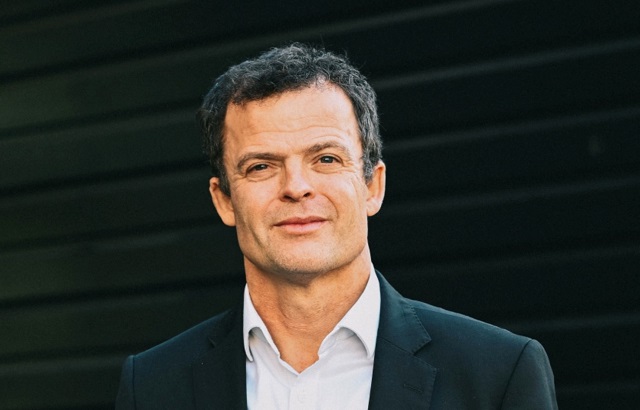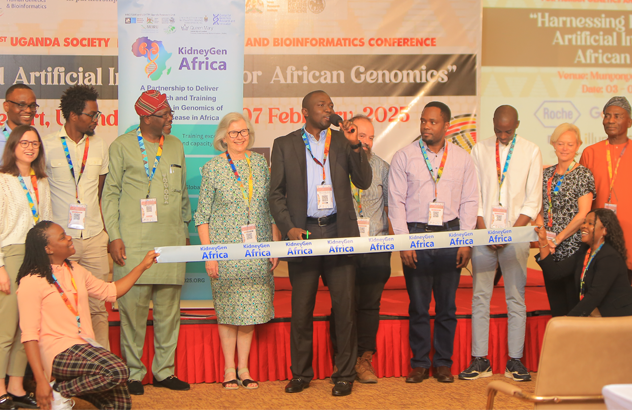Professor Morris Brown elected as Fellow of the Royal Society
Professor Morris Brown MD FRCP FMedSci FRS has been elected to the Fellowship of the Royal Society, the UK’s national academy of sciences. He is one of 90 outstanding scientists from the UK and internationally who have joined the prestigious body this year.

The Royal Society is a Fellowship of many of the world's most eminent scientists, engineers, and technologists. It was founded in 1660, making it the oldest scientific academy in continuous existence. The Fellows are leaders in their fields and are recognised for their invaluable contributions to science. This year, new Fellows have been drawn from more than 20 UK institutions and from many countries around the world.
Professor Morris Brown MD FRCP FMedSci FRS was elected to this year’s cohort of Fellows in recognition of his contributions to our understanding and treatment of hypertension and its commonest cause, primary aldosteronism.
Professor Brown is a pioneer of translational medicine and therapeutics. He holds a hybrid position as Professor of Endocrine Hypertension at Queen Mary University and Clinical Pharmacologist at Barts Health NHS Trust. His research has changed understanding and practice in primary aldosteronism (PA), the most common and curable cause of hypertension.
Morris’ laboratory and clinical research aims to find ‘the right drug for the right person’. His innovative, rotational clinical trials led to the AB/CD rule which underpins hypertension guidelines, and to the discovery that resistant hypertension and primary aldosteronism are largely synonymous, responding to a new drug class, aldosterone synthase inhibitors. His group discovered most of the acquired gene variants causing aldosterone-producing nodules in the adrenal gland, and that the variants predict and explain which patients’ hypertension can be completely cured.
In 2025, in collaboration with colleagues in Cambridge and London, he published research demonstrating that a new treatment called Targeted Thermal Therapy (Triple T) offers a safer, faster alternative to surgery for patients with PA.
Morris has received the highest international awards in hypertension, including the International Society of Hypertension Robert Tigerstedt Lifetime Achievement Award in 2018, and the Gerald D. Aurbach Award for Outstanding Translational Research from the Endocrine Society in 2024.
On being elected as a Fellow of the Royal Society, Professor Brown said: “I am of course thrilled and honoured to be recognised by the Royal Society. I am particularly happy that, almost 10 years since I moved to Queen Mary from Cambridge, I can share much of the credit and distinction with the talented team of clinical PhD fellows and post-docs whom Will Drake and I nurture, and who are the ones to make our dreams come true. Second only to large slices of luck, success in Science requires close calls between breaking and making rules. In my charmed existence here, Mark Caulfield and Will have allowed me to stray between the rules of Clinical Pharmacology and Endocrinology – long may I wander.”
Professor Sir Mark Caulfield, Vice Principal of Health, Queen Mary University of London, said: “I am so delighted that Morris Brown’s outstanding work on high blood pressure and the adrenal gland has been recognised by a Fellowship of the Royal Society. This has really advanced hypertension guidance across the world and clearly demonstrated the importance of the adrenal in blood pressure control and treatment.”
Sir Adrian Smith, President of the Royal Society and former Principal of Queen Mary (1998-2008), said: “It is with great pleasure that I welcome the latest cohort of outstanding researchers into the Fellowship of the Royal Society.
“Their achievements represent the very best of scientific endeavour, from basic discovery to research with real-world impact across health, technology and policy. From tackling global health challenges to reimagining what AI can do for humanity, their work is a testament to the power of curiosity-driven research and innovation.
“The strength of the Fellowship lies not only in individual excellence, but in the diversity of backgrounds, perspectives and experiences each new member brings. This cohort represents the truly global nature of modern science and the importance of collaboration in driving scientific breakthroughs.”
The Fellows and Foreign Members join the ranks of Stephen Hawking, Isaac Newton, Charles Darwin, Albert Einstein, Lise Meitner, Subrahmanyan Chandrasekhar and Dorothy Hodgkin.
Related items

9 September 2025

21 August 2025
